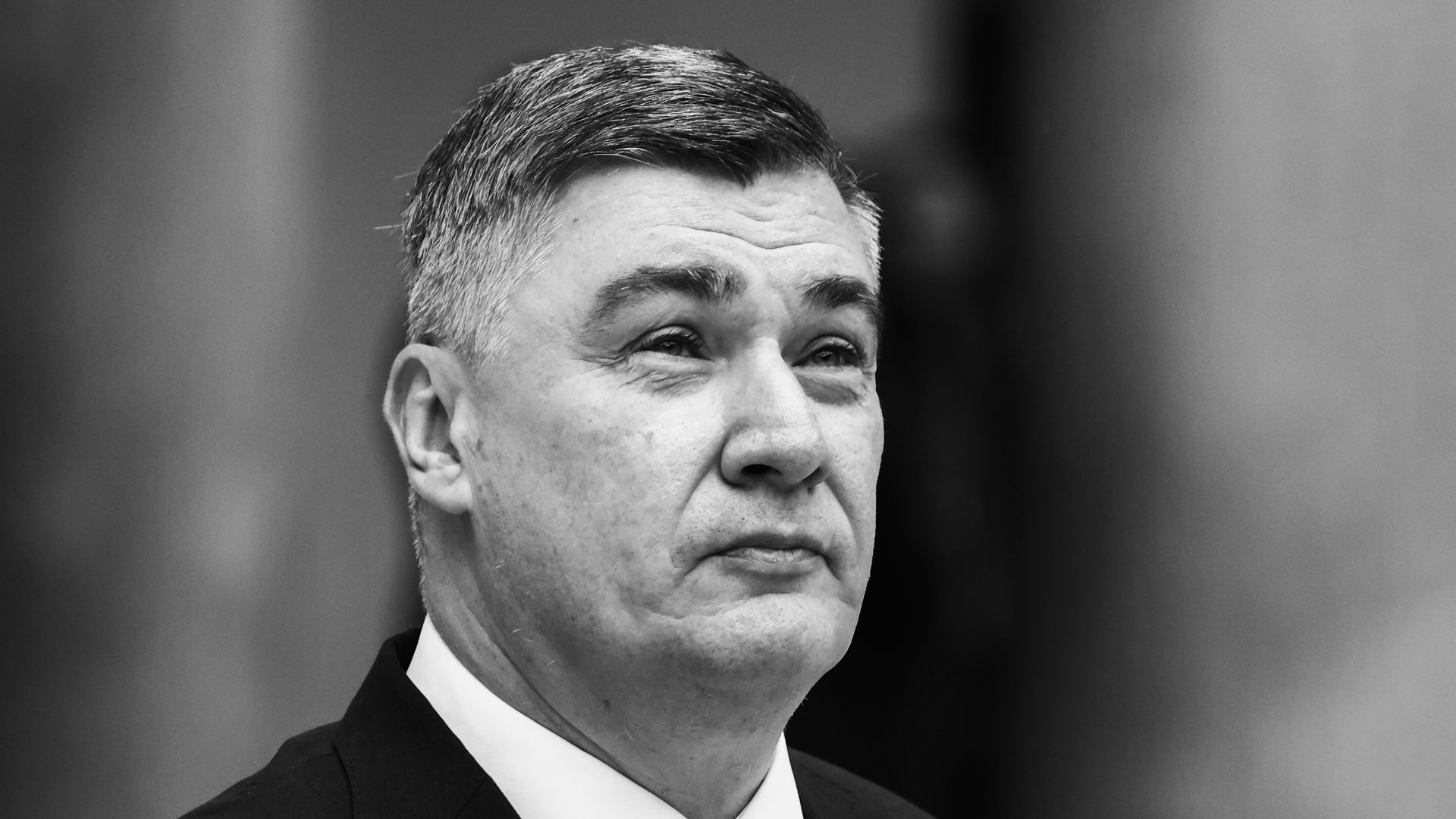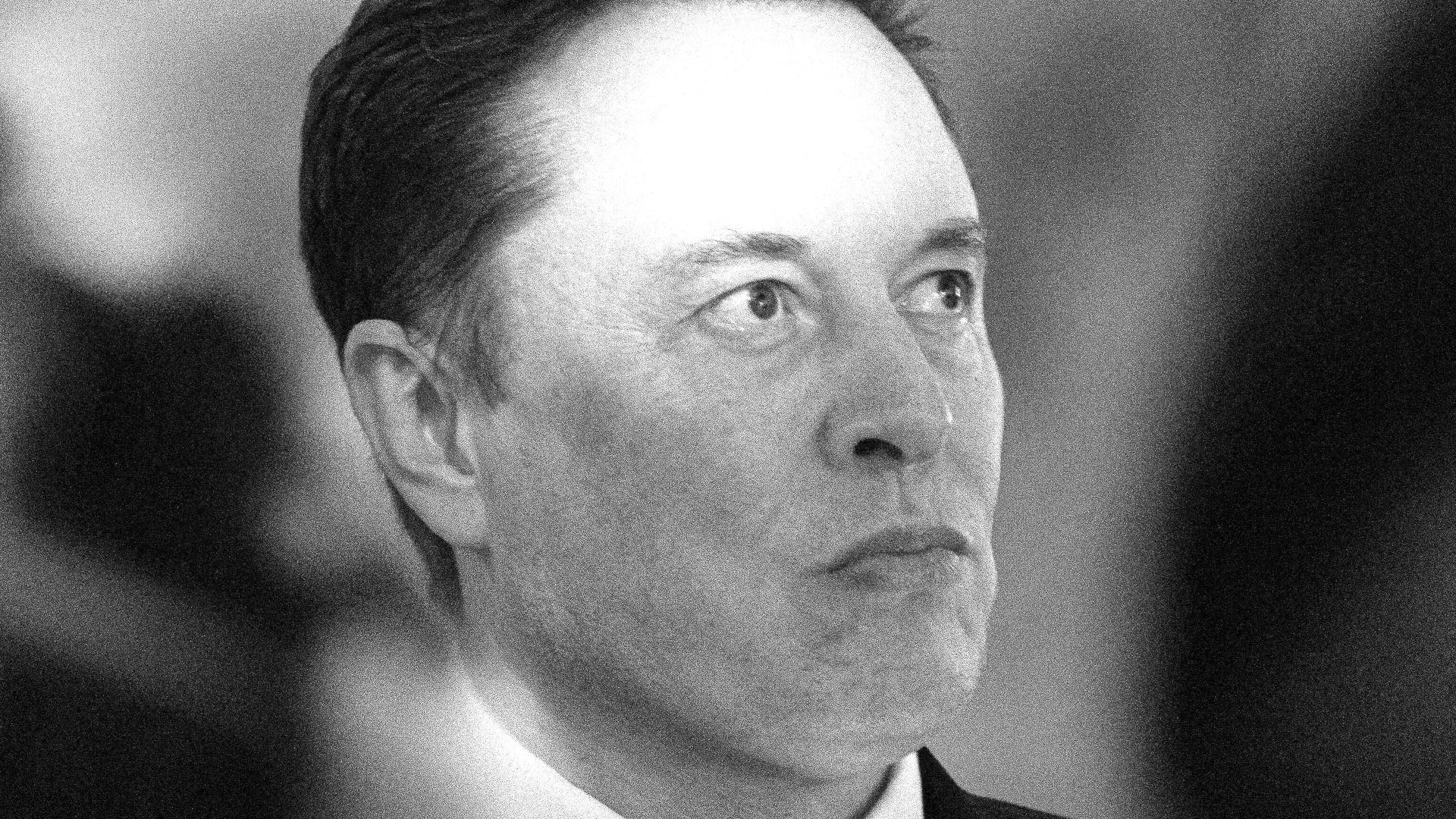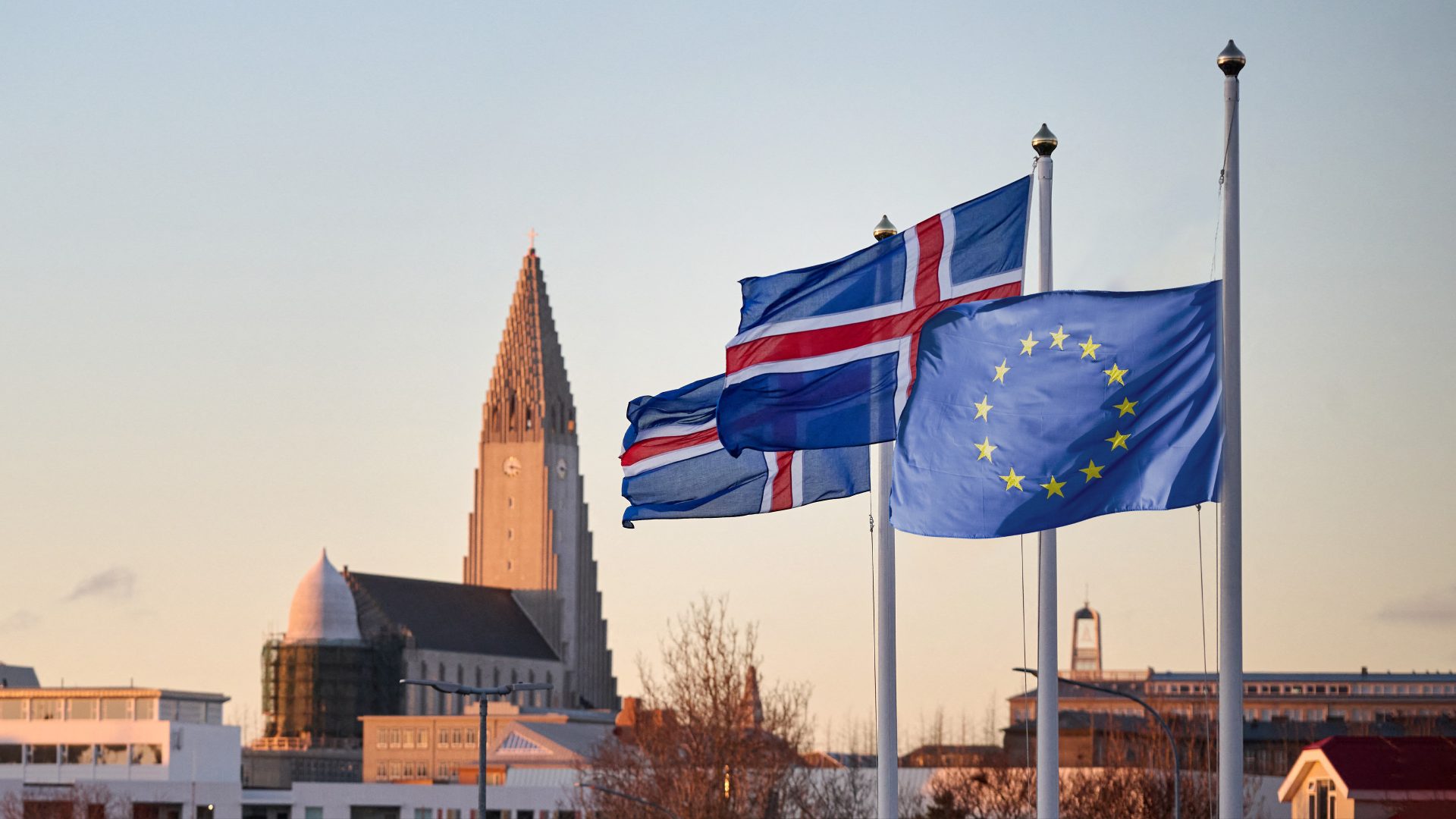An electoral victory with 75% of the vote usually rings all sorts of democratic alarm bells. It is the kind of winning margin generally enjoyed only by a Dear Leader or Brother Number One.
Zoran Milanović, Croatia’s prime minister from 2011 to 2016 and the former leader of the centre-left Social Democratic Party (SDP), hardly fits the profile – despite suggestions that he is “Croatia’s Trump” or “pro-Russian”. But he has just secured his second five-year presidential term, consigning his challenger in a run-off election to a humiliating defeat.
The scale of his victory eclipsed even the best result of Franjo Tudjman, Croatia’s first post-independence president and so-called “father of the nation”. Back in 1997, Tudjman had all the instruments of the state behind him.
The post office and national bank issued commemorative stamps and coins commemorating Tudjman’s 75th birthday, state television broadcast a multi-part hagiography about his life, and the Croatian National Theatre staged a play of buttock-numbing duration depicting him as “a messiah figure”. But even then he only managed a winning margin of 40%.
In contrast, Milanović fought his campaign with few advantages other than incumbent status – which did not do much good for the last two presidents who sought re-election. In fact, his approach was, at times, distinctly low-key.
When I visited Zagreb ahead of December’s first-round vote, the city’s renowned Advent celebrations were in full swing. In the main square, promotional stands for most of the eight presidential hopefuls were dotted among the stalls selling sausages, sarma and – controversially, but much in demand – fritule mini-doughnuts drizzled with the TikTokers’ favourite, “Dubai chocolate”.
Campaigners for the candidates tried to make themselves heard over the cacophony of competing sound systems, while wandering groups of tone-deaf teenage girls extorted money by singing carols at revellers until they paid up. But among all this merriment, I did not spot anyone shilling for Milanović.
The official figures for campaign expenditure confirm the impression that the incumbent was keeping a relatively low profile – at least in some respects. He spent around a quarter of the amount splurged by his second-round opponent, Dragan Primorac. But Milanović hardly needed to advertise his candidacy – because by now, everyone knows who he is and how he will conduct himself in office.
Over the past five years, the president has been acting as the Flavor Flav of the Croatian political establishment. And the country’s voters have responded with a resounding “yeah, boyeeeeee!” – much to the chagrin of Croatia’s prime minister, Andrej Plenković.
Plenković, who leads the governing HDZ party, presents himself as a sophisticated statesman with ambitions beyond Croatia’s borders. He did nothing to discourage allies floating his potential candidacy to replace Ursula von der Leyen as the European Commission’s president. But Milanović has the knack of identifying the PM’s weaknesses – and taking delight in exposing them.
According to the president, Plenković is “Ursula’s errand boy” and a “dictator” who presides over “the looting of the state by the HDZ cartel”. These barbs ring true for voters who have seen more than 30 ministers embroiled in graft scandals during Plenković’s nine years in office. Most recently, police arrested the health minister, Vili Beroš, in the run-up to the presidential election, after an investigation by European prosecutors.
I asked the prime minister about his high-placed critic during the campaign for last year’s parliamentary polls – and he immediately switched from urbane to exasperated. “It’s bizarre,” he told me. “People are rolling their eyeballs when they hear it, when it comes to other European leaders. I’m trying to minimise the negative effects.”
It is safe to say he didn’t manage that in the presidential election – with the HDZ’s candidate, the hapless Primorać, soundly trounced. Plenković declined to congratulate the winner – despite Milanović’s offer to “extend a hand to the government” in his victory speech.
Headlines warning that the president will now attempt to undermine Croatia’s membership of Nato or the EU are wide of the mark. Milanović has indeed displayed a knack for populist rhetoric in the past five years, but you will not find many Croatians in favour of sending troops to Ukraine, while plenty will agree with the president that the EU can be ineffective and frustrating.
Voters favour Milanović because he speaks truth to power from a position of influence, if not much actual authority. In a country that has been dominated by the HDZ since Franjo Tudjman founded the party, that carries weight. Expect Milanović to remain as quotable as ever in the next five years.
Guy De Launey is an award-winning Balkans correspondent



